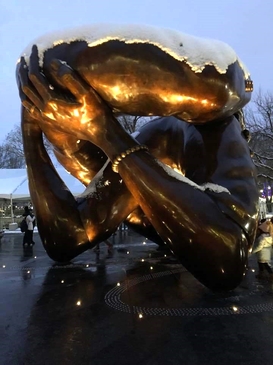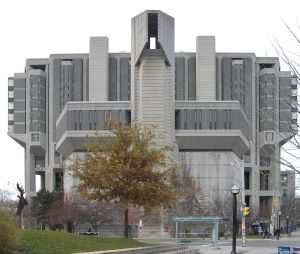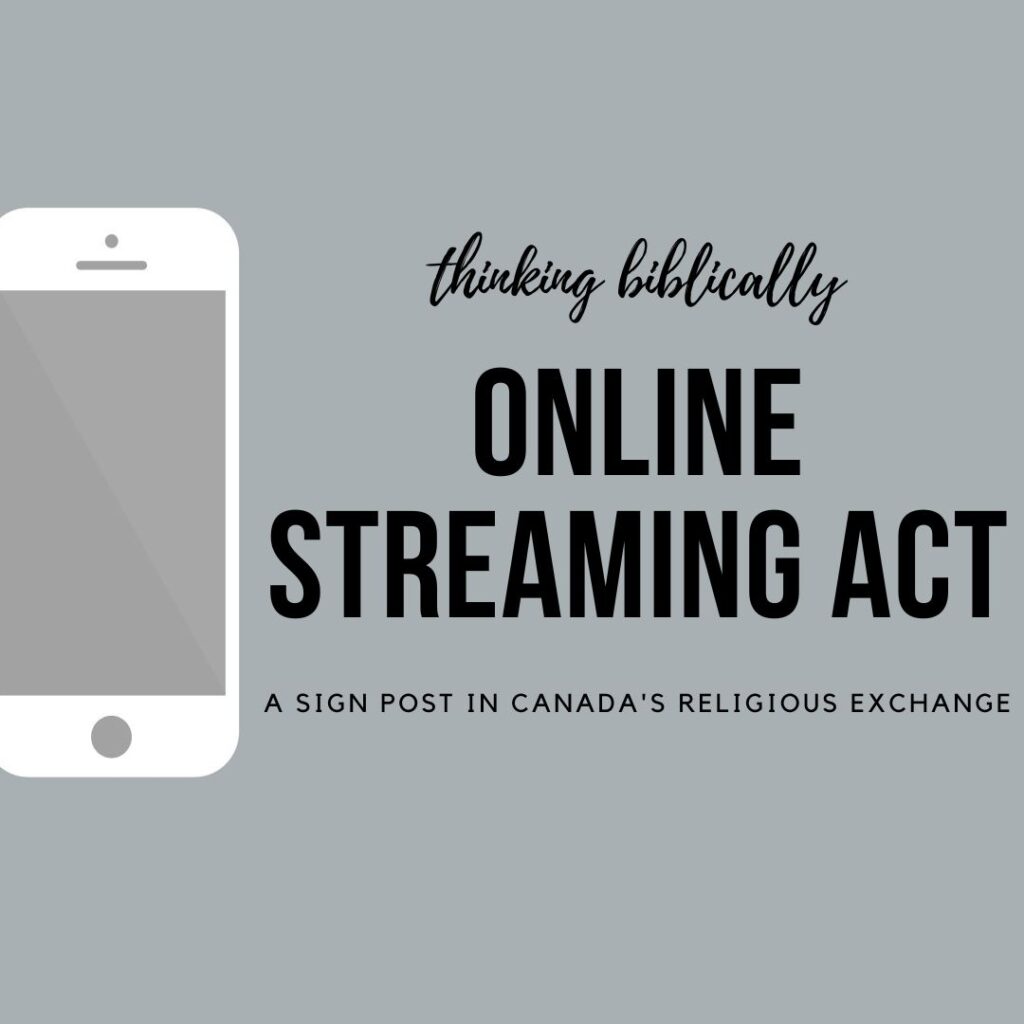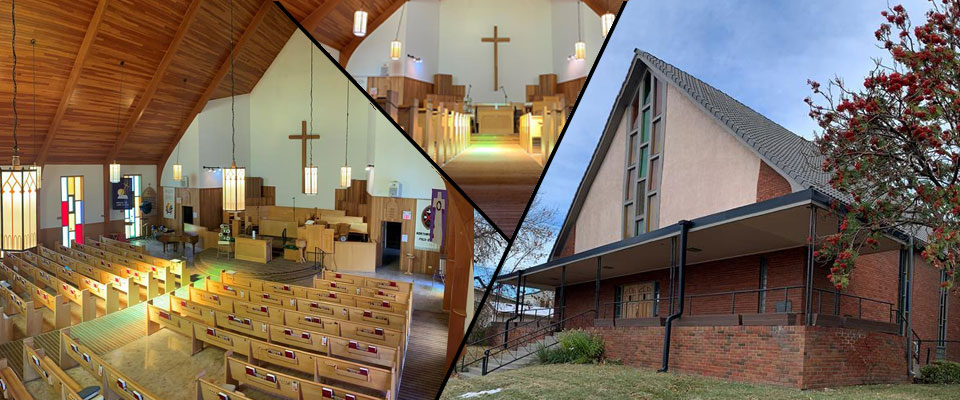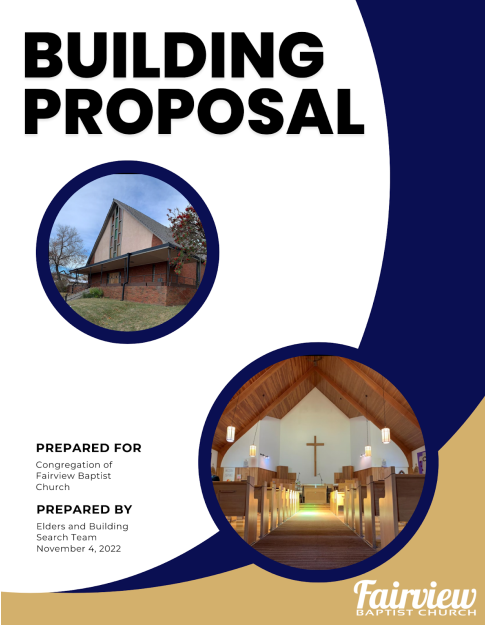
In 2020, headlines concerning COVID-19 were replaced with stories about George Floyd, riots (aka, fiery but mostly-peaceful protests), and Black Lives Matter. Just as technocracy boomed in the COVID era, cultural Marxism had a similar surge. With the battle against “whiteness” going mainstream, efforts continue to decolonize—or more accurately, de-Christianize—western culture. One example of this was in 2020, when the Smithsonian’s National Museum of African American History and Culture produced an online guide to expose the aspects and assumptions of white culture. Their list included “hard work,” “self-reliance,” “be[ing] polite,” and punctuality as negative products of the “white dominant culture.”
This should be no surprise since movements like BLM rest on the shoulders of men like Karl Marx who hated God and hated work. Marx believed that work is a social convention and disciplinary apparatus rather than an economic necessity. According to Marx, we must work—pun intended—to resist and undermine the active state of affairs that normalizes working long and hard.
As Christians, we must be mindful of the ideologies that press upon us and seek to capture the mind of the nation and the mind of the church. Let’s consider a few teachings about work from the Scriptures.
1. Work is Good
“The Lord God took the man and put him in the garden of Eden to work it and keep it” (Genesis 2:15).
The first six days of creation were a product of God’s work. “And on the seventh day God finished his work that he had done, and he rested on the seventh day from all his work that he had done” (Genesis 2:2). God then called Adam—made in his own image—to work the garden he had made for him. Work, therefore, is a pre-fall, pre-sin, pre-corruption aspect of God’s creation that he said was “very good” (Genesis 1:31).
Work is not a consequence of the fall or sin. Work is godly. Work is good. Work is what we were made for. Adam had to work and keep the garden to provide food for his household. It remains today that work is God’s chosen means to create wealth, productivity, prosperity, and blessing.
Some may not like it, but this is God’s world and work is a vital aspect of it. Work is woven into the fabric of creational normativity.
2. Idleness is Sinful
“Now we command you, brothers, in the name of our Lord Jesus Christ, that you keep away from any brother who is walking in idleness and not in accord with the tradition that you received from us. For you yourselves know how you ought to imitate us, because we were not idle when we were with you, nor did we eat anyone’s bread without paying for it, but with toil and labor we worked night and day, that we might not be a burden to any of you. It was not because we do not have that right, but to give you in ourselves an example to imitate. For even when we were with you, we would give you this command: If anyone is not willing to work, let him not eat. For we hear that some among you walk in idleness, not busy at work, but busybodies. Now such persons we command and encourage in the Lord Jesus Christ to do their work quietly and to earn their own living” (2 Thessalonians 3:6–12).
Paul commends his own life as an example where he worked with toil and effort night and day. Idleness is sin and should not be named among followers of Jesus Christ who are being renewed into the image of God (Ephesians 4:23–24). Those who are unwilling (not incapable) of working should not be given handouts, aid, or food. We want to labor and toil such that we are not a burden to anyone. Rather, “let him labor, doing honest work with his own hands, so that he may have something to share with anyone in need” (Ephesians 4:28; cf. Acts 20:35).
Idleness, laziness, slothfulness, and an unwillingness to work are sinful attitudes that will not build up but destroy. Paul warns us to stay away from such brothers and warn them to follow Christ, work hard and earn their own living.
3. Hearty Work is Pleasing to the Lord
“Bondservants, obey in everything those who are your earthly masters, not by way of eye-service, as people-pleasers, but with sincerity of heart, fearing the Lord. Whatever you do, work heartily, as for the Lord and not for men, knowing that from the Lord you will receive the inheritance as your reward. You are serving the Lord Christ” (Colossians 3:22–24).
Hard work pleases the Lord. As Christians, is it not the Lord whom we are seeking to please? We’re commanded to work hard, not to look good in the eyes of men, but to please our Lord knowing that he will reward those who labor for him. And to be clear, the work mentioned in this passage is not flashy, nor that “dream job.” This is slave labor. A slave is commanded to work hard for Christ. How much more then ought we to work hard in our jobs without grumbling or complaining.
4. We Must Work Hard for the Gospel and for the Church
“But by the grace of God I am what I am, and his grace toward me was not in vain. On the contrary, I worked harder than any of them, though it was not I, but the grace of God that is with me” (1 Corinthians 15:10). “Him we proclaim, warning everyone and teaching everyone with all wisdom, that we may present everyone mature in Christ. For this I toil, struggling with all his energy that he powerfully works within me” (Colossians 1:28–29).
Paul was an example of a hard worker. He worked with his hands to provide for himself, and he labored and toiled in his preaching, teaching, and discipleship.
But it wasn’t just Paul, he commended others who labored in the Lord. “Greet Mary, who has worked hard for you” (Romans 16:6). “Greet those workers in the Lord, Tryphaena and Tryphosa. Greet the beloved Persis, who has worked hard in the Lord” (Romans 16:12). “For I bear him witness that [Epaphras] has worked hard for you and for those in Laodicea and in Hierapolis” (Colossians 4:13). He instructed us to honor those who work hard. “Let the elders who rule well be considered worthy of double honor, especially those who labor in preaching and teaching. For the Scripture says, ‘You shall not muzzle an ox when it treads out the grain,’ and, ‘The laborer deserves his wages’” (1 Timothy 5:17). “It is the hard-working farmer who ought to have the first share of the crops” (2 Timothy 2:6).
In our efforts to pray for reform and revival, seek to see the gospel go forth in power, and see disciples strengthened, should we not be working hard with great toil and effort? We are astounded by the effect of a few Christian witnesses in the first century—they turned the world upside down (Acts 17:6). We marvel over the effectiveness of the Reformation and the results of the Great Awakening. But do we understand that those great movements of revival and reform were marked by great industry, great effort, great labor for the Lord? The Christians in these periods of blessings were incredibly hard working for the sake of the gospel!
I’m convinced that the church’s success depends upon the Spirit, on God’s word, on prayer, on the clarity of the gospel, AND it depends on the efforts of God’s people whom God will move to work hard for him.
So let us not be affected by the cultural press away from hard work, productivity, and industry. Let us renew our efforts, increase our labor, and work for our Lord Jesus Christ with vigor in our vocation and in the church!
We may get weary in the work but let us not grow weary of it. Let us “be steadfast, immovable, always abounding in the work of the Lord, knowing that in the Lord your labor is not in vain” (1 Corinthians 15:58).





